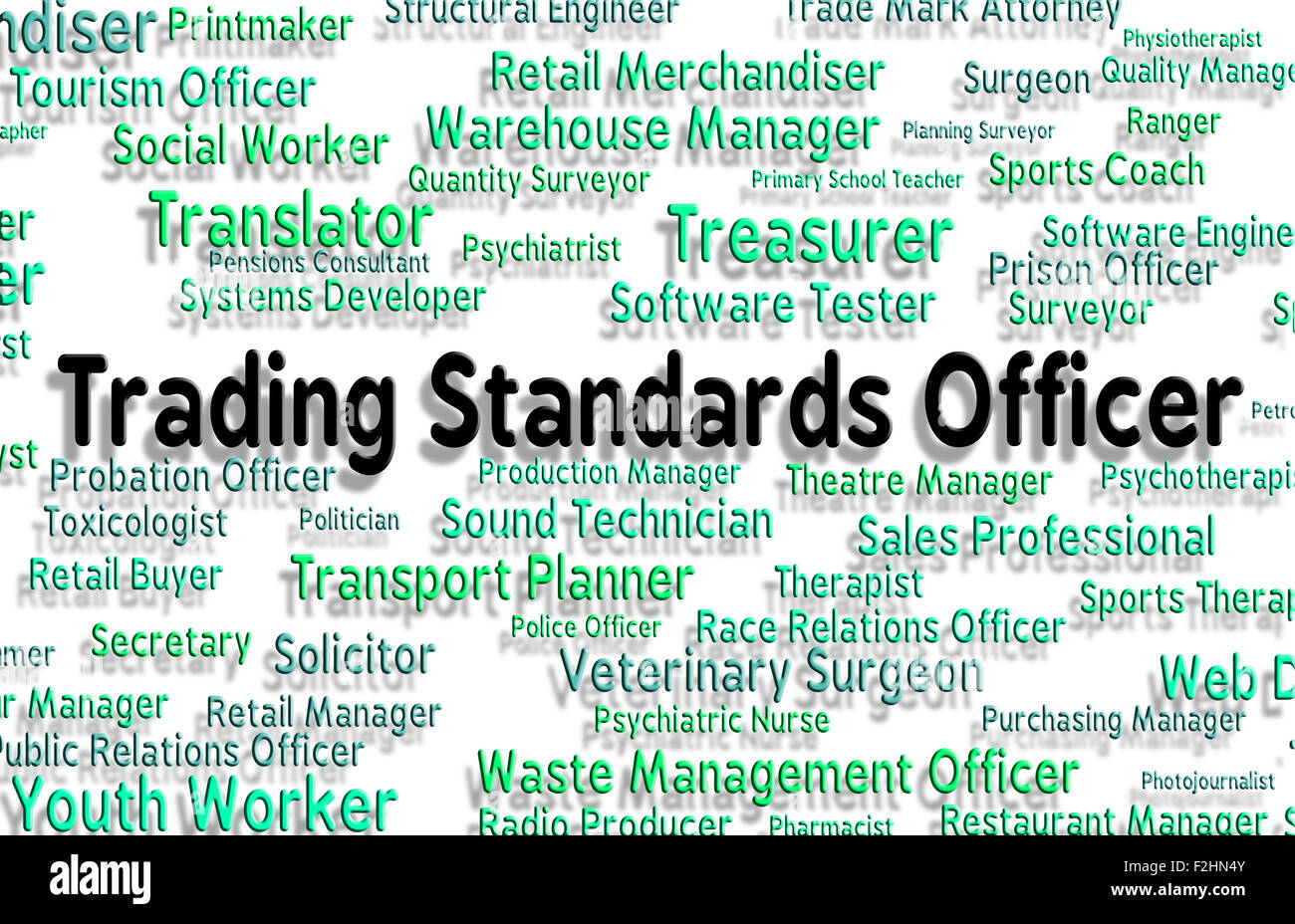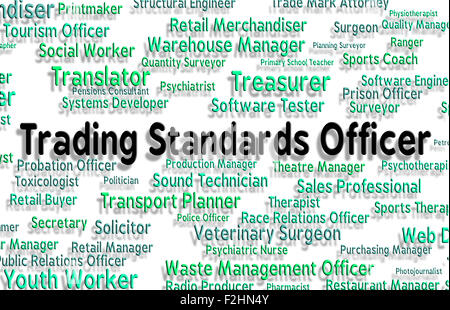What Everybody Ought To Know About How To Become A Trading Standards Officer

You'll then study towards professional qualifications on the job, and work your way up to trading standards.
How to become a trading standards officer. It’s possible to become a trading standards officer with or without a university degree, although law or any degree with modules in consumer protection may support your application. It’s possible to become a trading standards officer with or without a university degree, although law or any degree with modules in consumer protection may support your application. Have at least three years experience of delivering a range of trading.
Previous experience of enforcing animal health & welfare, animal feed and fertiliser legislation. You can apply for work as a trainee trading standards officer with a local authority. Related degrees such as law, or any subject that has elements or modules on.
Have excellent communication and listening skills. Trading standards officers need excellent communication skills, analysis and investigation skills, tact, diplomacy and assertiveness, it and maths skills. Individual membership of the chartered trading standards institute (ctsi) is open to all trading standards professionals, working across both the public and.
Each level has various subject. Be able to understand complicated legal issues and explain them to other people. Find out expected salary, working hours, qualifications and more.
Professional ctsi qualification diploma in trading standards (dts) or diploma in consumer affairs and trading standards (dcats) or higher diploma in consumer affairs and trading. A trading standards officer should: You can apply for work as a trainee.
Be able to work with. You can apply for work as a trainee trading standards officer with a local authority. The qualifications are accredited by the trading standards institute and form part of the trading standards qualifications framework (“tsqf”).


















